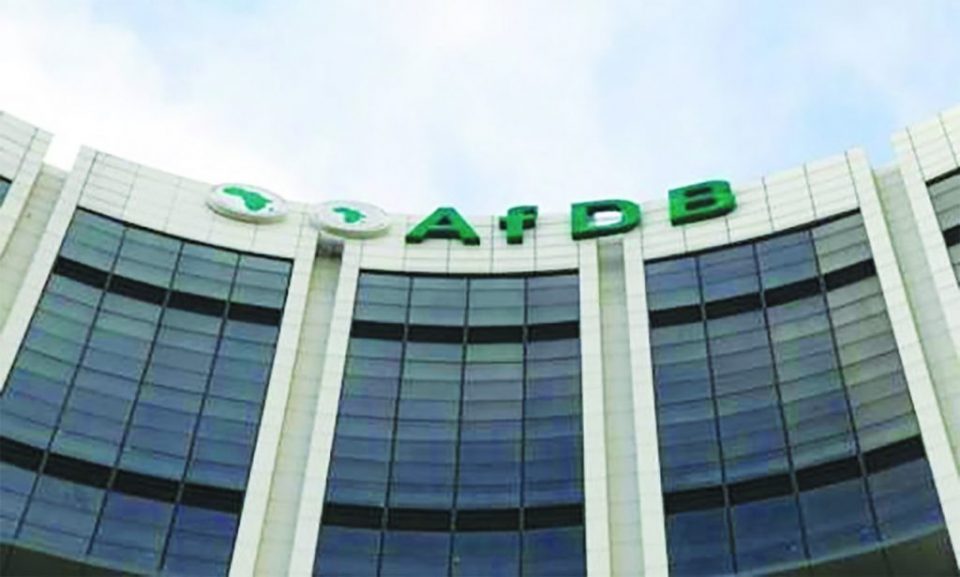To strengthen maritime trade across Africa and respond to growing global shipping challenges, the Maritime Organisation of West and Central Africa (MOWCA) and the African Development Bank (AfDB) have announced plans to redirect shipping vessels from the volatile Red Sea to the Gulf of Guinea. This move is part of wider efforts to establish the Gulf as a safer and more reliable trade corridor amid continued disruptions in global supply chains due to armed tensions in the Red Sea.
This was revealed by the Secretary-General of MOWCA, Dr Paul Adalikwu, during a recent meeting with the new Congolese Minister of Transport, Civil Aviation and Merchant Marine, Ingrid Olga Ebouka-Babakas. The meeting was part of Dr Adalikwu’s engagements with key government officials across member states.
According to Adalikwu, the current conflict affecting the Red Sea region has made it imperative for African maritime institutions to provide alternative routes that are both cost-effective and secure. “The institution would also position the Gulf of Guinea as a viable alternative trade corridor,” he said.
He disclosed that MOWCA is actively working with governments and multinational companies operating in the West and Central African maritime domain to combat piracy, enhance security, and maintain the safety of cargo, crew, and vessels. These collaborative efforts are central to the organisation’s commitment to a secure and prosperous maritime sector.
Dr Adalikwu also announced a joint plan between MOWCA and the African Development Bank to support the development of dry docks in multiple locations across West and Central Africa. The dry dock initiative is expected to deepen maritime infrastructure, enabling better logistics and maintenance of vessels within the region, and enhancing trade between seaports and inland regions.
“These strides are being made with the active support of the AfDB, to strengthen the blue economy drive across Africa,” Adalikwu stated.
He further emphasized the importance of developing inland waterways in MOWCA’s member countries, pointing out the economic advantages of well-regulated, safe, and efficient ferry services in boosting local economies. He also called for stronger maritime regulations and stricter enforcement of safety protocols, especially in high-traffic areas like Nigeria and the Democratic Republic of Congo.
In her response, Minister Ingrid Olga Ebouka-Babakas applauded Dr Adalikwu for his leadership and dedication to strengthening Africa’s maritime capacity. She reaffirmed the Republic of Congo’s commitment to supporting MOWCA’s initiatives and praised the organisation’s continued efforts to deliver on its original vision, fifty years after its founding.
She said, “Congo will continue to work with MOWCA to unlock the full potential of our maritime space and improve economic outcomes for our people.”
The Gulf of Guinea has increasingly drawn attention as a strategic maritime zone for Africa, especially as global shipping routes adapt to new security realities. MOWCA’s approach of infrastructure development, strategic collaboration, and regulatory reform is expected to create more resilient and dynamic trade channels across the continent.
